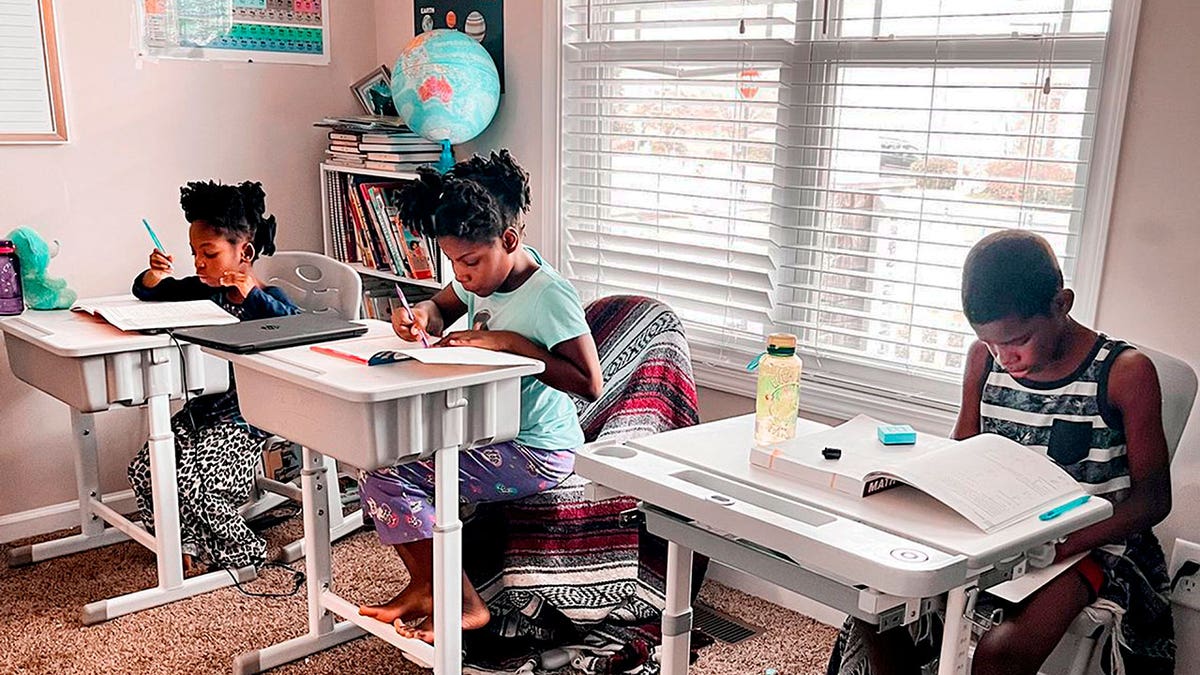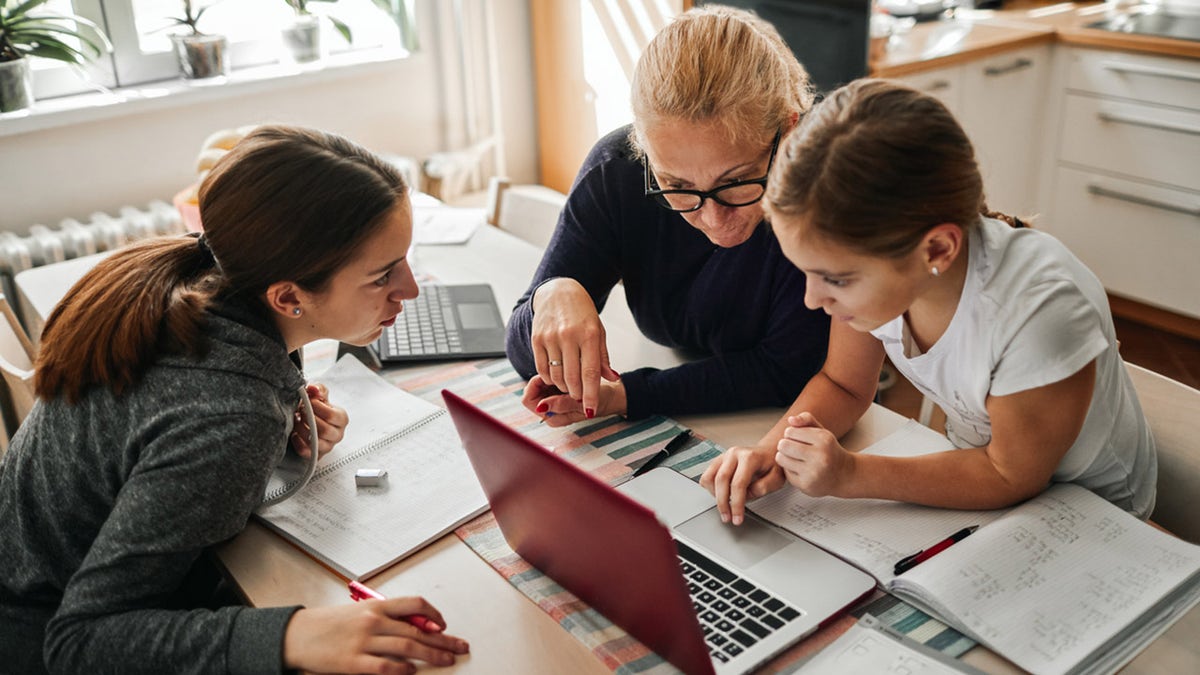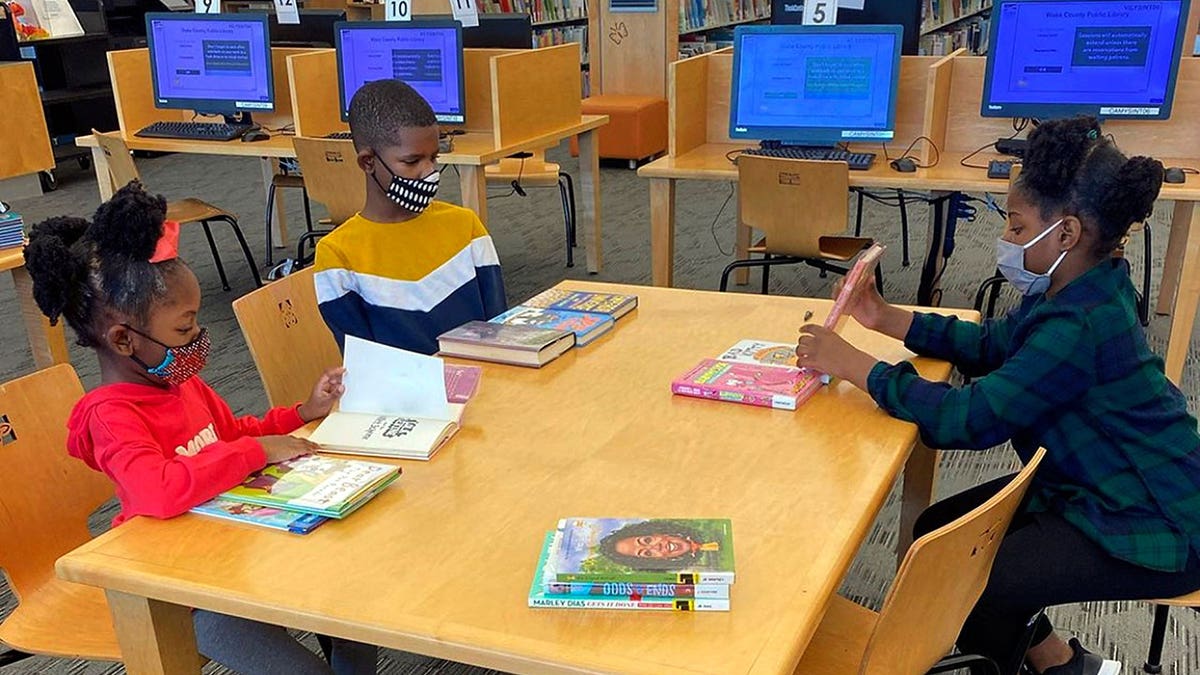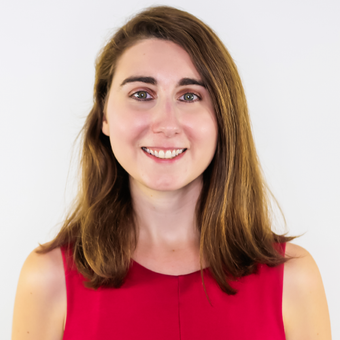Homeschooling parents dispute critics who suggest they're ill-equipped to teach their kids
Parents that homeschool their kids spoke to Fox News Digital about the common misconceptions people have about homeschooling.
Several homeschooling moms sounded off on misconceptions about their work, pushing back on criticism they are ill-equipped to teach their children the basics and that their kids will grow up struggling with social skills.
Yvonne Bunn, director of homeschool support and government affairs for the Home Educators Association of Virginia, often works with the General Assembly on protecting homeschool rights and "initiating good homeschool laws." Having homeschooled her three children in the late 1980s and through the 1990s, Bunn now counsels others on home education.
All three of her kids, two boys and a girl, got into college, she told Fox News Digital.
"They did well, they have careers and families of their own now," she said.
KIRK CAMERON TOUTS PARENT-LED HOMESCHOOLING MOVEMENT AS MILLIONS SAY GOODBYE TO PUBLIC SCHOOLS

Dalaine Bradley, Drew Waller, 7, Zion Waller, 10, and Ahmad Waller, 11, left to right, study during homeschooling, in Raleigh, North Carolina. (AP/File)
"I felt like we, as parents, were responsible for their education," Bunn said. "So we took it very seriously when we decided to homeschool. And we - my husband and I - decided to homeschool because we felt that one-on-one tutorial instruction would be the greatest benefit to all of our children."
Bunn found that her doing at-home instruction allowed her children to "go at a pace" that worked for them. That brought her to what she called the biggest misconception about homeschooling.
"I think the biggest misconception about home education is the idea that parents have that they can't do this because they haven't been trained to be a teacher," she said. "But that is not the case at all. We have found through studies that homeschool students who are taught by their parents who do not have a college degree scored just as well on standardized achievement tests as those who do have bachelor degrees or higher."
HOMESCHOOLING SURGE CONTINUES DESPITE SCHOOLS REOPENING
Bethany Mandel, a homeschooling mother of five, said she feels equipped to homeschool because she's letting the legends do the teaching.
"I’m just reading, ‘Anne of Green Gables,' she told Fox News Digital. "And Montgomery is teaching it. L.M. Montgomery is teaching literature. And I’m not teaching art. We’re looking at Monet and having a conversation about it. And so you’re letting the greats do the teaching instead of you directly doing instruction, and there’s no better art teacher than Monet and no better literature teacher than Mark Twain."
"Anyone can facilitate an education in that way, within reason obviously," she concluded.
But she, like some of her fellow homeschooling parents, is still is the subject of scorn for critics. Mandel was targeted by former MSNBC host Keith Olbermannn on Mother's Day for her decision to homeschool.
"Imagine putting ‘homeschool mom’ in your bio and not understanding you've just ruined the lives of five innocent children," Olbermann tweeted. Mandel shot back at Olbermann that her kids were "extraordinarily lucky to be homeschooled."
KEITH OLBERMANN SPENDS MOTHER'S DAY ATTACKING MOM FOR CHOOSING TO HOMESCHOOL HER CHILDREN
Another misconception of homeschooling, Bunn said, is that parents have to teach every major subject. Often, she said, parents will elect to join a co-op where experts can step in to help.
"They don't," she said. "There is so much help out there for homeschoolers. There are so many resources that homeschool parents can use. They can join a co-op with other parents and in the co-op they can have a teacher that may have majored in a certain aspect - a higher mathematics course, calculus, or a science lab, chemistry, or biology. And in that co-op, she'll teach a small group of students doing those particular subjects… It works out beautifully."

A December report from McKinsey and Company estimated that students fell behind an average of three months on math and one and a half months on reading. However, students of color fell behind even more, the report found. (iStock)
"I went to school to be an educator, but I don’t think you need a degree to educate your own children," Stephanie McAndrew, director of JBAB Home Educators, a homeschool support group for military families living in the greater Washington, D.C., area, said. "I don’t think anyone knows your kids better than you do. I know what works to motivate my kids and to drive them and where their strengths are, and where their weaknesses are."
Allison DeMarco, board of directors for the Florida Parent Educators Association Scholarship Foundation, also touted the positives of one-on-one learning.
"I will say, as a parent, no one loves your child and will encourage your child like you will," she said. "No one will spend the time with them, encouraging them in areas of study where they may need extra help, or where they may excel, just like a parent would. In a group of 30 kids, it’s difficult to isolate one child’s need for help in a certain area."
DeMarco added that they are in "a unique position" in that they can learn alongside their kids. For instance, she said, her daughter was able to understand her advanced math course "to a larger degree" because the two of them had to "struggle through it together."
As for critics who say homeschooling can hold back children in terms of social skills, Bunn said it's a "non-issue."
"They don't understand that there are so many opportunities for your children to be socialized, that you actually have to limit the things that they're involved in," she said of skeptics. "There are many clubs, there are many field trips, there are groups that get together, there are field days."
"It's part of the out-of-the-box learning that homeschooling is," she added.

Drew Waller, 7, Ahmad Waller, 11, and Zion Waller, 10, left to right, study at Cameron Village Library during homeschooling, in Raleigh, North Carolina. (Dalaine Bradley via AP/File)
Mandel shared an anecdote about how she was recently on a fossil field trip with her kids along with other homeschoolers, and the man facilitating it asked her, "But do you leave your house?"
"People think that we’re shut-ins and my kids are sheltered," Mandel said. "My kids are socializing with everyone under the sun – young and old – and also forming relationships with their siblings closer than anyone else."
McAndrew said she has so many activities on her kids' docket that she feels like an "overscheduled crazy person."
"For sure with this group, that is not a problem," she told Fox News Digital about social opportunities. "Sometimes we do so many social activities that I feel like an overscheduled crazy person. We do PE, and Lego club, bake club and craft club and there’s a track club the girls set up, choir. There’s tae kwon do lessons and guitar lessons. So they’re definitely busy and always with other kids."
Bunn said that in her experience she's found homeschooling parents have to "limit" the activities their kids are involved in.
Both Mandel and McAndrew noted that in public schools, kids usually only interact with others their own age.
"The socialization is very manufactured and weird," Mandel said. "Because it’s not actually socialization. You’re sitting next to someone most of the day who is the exact same age as you. And that’s not natural. That’s not something that you have in everyday life after you leave school. You have friends who are all different ages, and all different geography, but in school, you’re only exposed to kids who are the exact same age within a 12-month span. And only in this box. It’s not natural socialization and I would argue it’s not exactly health socialization either."
"I think homeschoolers are even better equipped to interact with kids of all ages," McAndrew agreed.
CLICK HERE TO GET THE FOX NEWS APP
The parents agreed that COVID-19 prompted some families to start homeschooling, particularly after seeing what their kids were being taught at school.
"I think parents were very surprised," Bunn said. "I also believe that many parents thought, ‘I can do this' and maybe, 'I can do better than this.'"
In the past two years, she noted, homeschooling in Virginia has increased by 40 percent, with now nearly 61,000 homeschoolers, according to the Virginia Department of Education.
The surge was noticeable nationally, as well. In 18 states that shared data through the current school year, the number of homeschooling students increased by 63% in the 2020-2021 school year, then fell by only 17% in the 2021-2022 school year.


